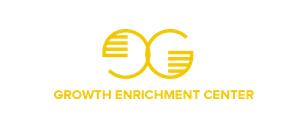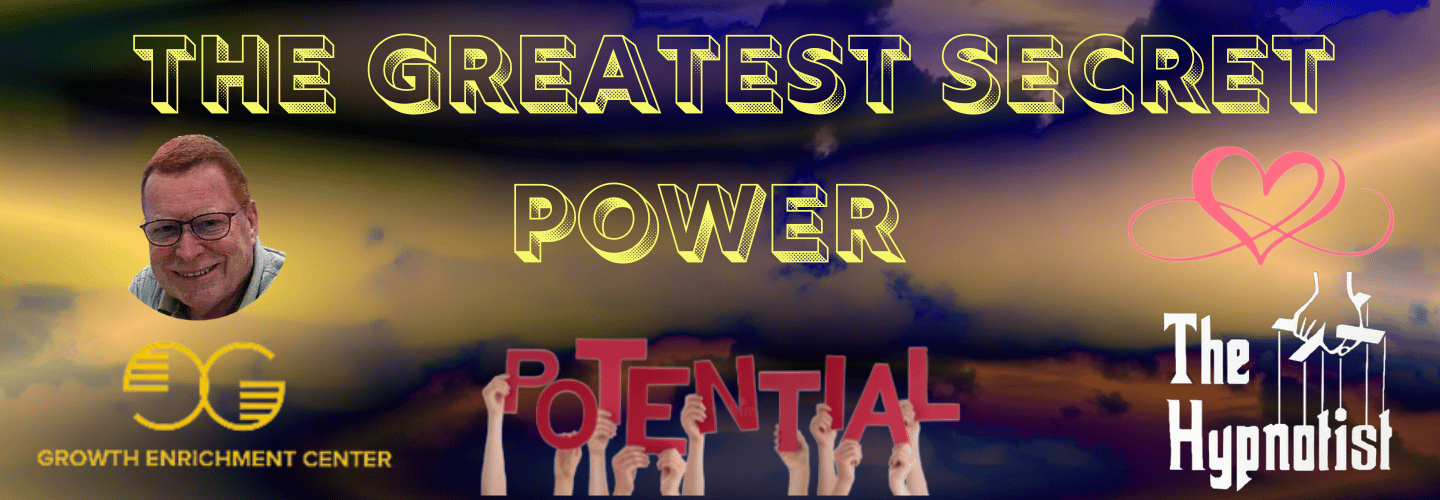
Did you know that confirmation bias affects 98% of people at some point in their decision-making process? It's a common yet often underestimated phenomenon that can have profound consequences on the quality and outcomes of your choices. The subtle ways in which confirmation bias creeps into your decisions may surprise you, influencing everything from the jobs you take to the relationships you form. But fear not, there are ways to combat this cognitive bias and pave the way for more informed and impactful decision-making. Let's explore how you can break free from the shackles of confirmation bias and open yourself up to a world of possibilities.
The Definition of Confirmation Bias
Confirmation bias, a common cognitive bias, influences decisions by leading you to seek out information that confirms your existing beliefs rather than considering all available evidence objectively. It's a natural tendency to gravitate towards information that aligns with what you already think or feel, creating a filter that can distort your judgment.
This bias can prevent you from seeing the full picture, hindering your ability to make well-informed decisions. By acknowledging the existence of confirmation bias, you can start to challenge yourself to look beyond your initial assumptions and explore information that may challenge your beliefs.
It's essential to cultivate a mindset that values seeking the truth over being right, as this can lead to more accurate and thoughtful decision-making processes. Remember, being aware of confirmation bias is the first step towards overcoming its influence on your choices and ultimately improving the quality of your decisions.
Examples of Confirmation Bias in Action
In everyday scenarios, your tendency to selectively focus on information that aligns with your preconceived notions rather than considering alternative perspectives can be observed vividly. This bias can have profound effects on your decision-making process, influencing your thoughts and actions without you even realizing it.
Here are some examples to help you recognize confirmation bias in action:
- Seeking Information: You might actively seek out sources that confirm what you already believe, ignoring contradictory evidence.
- Interpreting Data: When interpreting data, you may unconsciously twist the information to fit your existing beliefs, rather than objectively analyzing it.
- Selective Exposure: You might gravitate towards social media feeds or news outlets that echo your opinions, creating an echo chamber effect.
- Discounting Dissent: Instead of engaging with differing viewpoints, you might dismiss them outright, reinforcing your existing biases.
How Confirmation Bias Distorts Perceptions

Distorting perceptions, confirmation bias can subtly shape how you view the world, leading you to see what you expect rather than what's truly there. This bias acts as a filter through which you interpret information, influencing your understanding of situations. It can cloud your judgment, making you more inclined to notice details that align with your preconceived notions while disregarding contradictory evidence.
Imagine looking at a piece of abstract art; your interpretation may be swayed by your initial thoughts or what others around you suggest they see. Similarly, in everyday life, confirmation bias can color your interactions, relationships, and decision-making processes. It can prevent you from seeing the full picture, limiting your ability to embrace new perspectives and grow.
Being aware of confirmation bias is the first step towards mitigating its impact on your perceptions. By actively seeking out diverse viewpoints, challenging your assumptions, and staying open-minded, you can start unraveling the distorted lens through which you view the world. Remember, true clarity comes from embracing the complexity of reality, not from succumbing to the limitations of biased perceptions.
The Influence of Confirmation Bias on Choices
Exploring decision-making with awareness of your biases can lead to more informed and balanced choices. When influenced by confirmation bias, your decisions may not align with what's truly best for you.
Here are four ways in which confirmation bias can impact your choices:
- Limiting Opportunities: Confirmation bias can prevent you from considering alternative options, restricting your potential for growth and success.
- Narrowing Perspectives: It narrows your viewpoint, making you more resistant to new ideas or information that contradicts your existing beliefs.
- Undermining Relationships: By favoring information that confirms your preconceptions, you risk damaging relationships by not fully understanding others' perspectives.
- Stifling Personal Growth: It hinders personal development by reinforcing existing beliefs, preventing you from challenging yourself and exploring new possibilities.
Overcoming Confirmation Bias in Decision-Making

In order to move past the limitations of confirmation bias in decision-making, consider actively seeking out diverse perspectives and challenging your preconceptions. Embracing a mindset that values a variety of viewpoints can help you see beyond your own biases and make more informed choices. Engaging with individuals who've different backgrounds, experiences, and beliefs can offer fresh insights that may have been overlooked otherwise. It's crucial to question your assumptions and actively seek out information that challenges your existing beliefs. By acknowledging the presence of confirmation bias and consciously working to counteract it, you can enhance the quality of your decision-making process.
Additionally, practicing mindfulness and self-awareness can help you recognize when confirmation bias is influencing your judgments. Take a moment to reflect on your thought processes and consider whether your decisions are based on evidence or preconceived notions. By cultivating a habit of critical thinking and openness to alternative viewpoints, you can overcome the constraints of confirmation bias and make more objective and effective decisions.
Frequently Asked Questions
Can Confirmation Bias Be Completely Eliminated From Decision-Making Processes?
You can't completely eliminate confirmation bias, but awareness and intentional effort can greatly reduce its impact. Stay open-minded, seek diverse perspectives, and challenge your assumptions. Embrace a mindset of continuous learning and growth.
Are There Any Benefits to Confirmation Bias in Decision-Making?
There can be some benefits to confirmation bias in decision-making, like providing a sense of security and reinforcing beliefs. Nonetheless, it is crucial to balance it with objectivity to make well-rounded choices in life.
How Does Social Media Contribute to Confirmation Bias?
Social media fuels confirmation bias by curating content based on your likes and shares. This creates echo chambers, reinforcing your beliefs. Be mindful of diverse perspectives to avoid tunnel vision.
Can Confirmation Bias Lead to Long-Term Consequences in Decision-Making?
Yes, confirmation bias can indeed lead to long-term consequences in decision-making. When you only seek information that confirms your beliefs, you risk missing vital insights and making choices that may not be in your best interest.
What Strategies Can Individuals Use to Recognize Confirmation Bias?
To recognize confirmation bias, start by questioning your assumptions. Seek out diverse perspectives and evidence that challenges your beliefs. Stay open-minded and be willing to change your mind based on new information. Trust in critical thinking.
Conclusion
In your journey to make decisions, remember: embracing diverse perspectives, challenging preconceptions, and staying mindful are key to overcoming confirmation bias.
By opening your mind to new insights and resisting the pull of biased beliefs, you can make more informed and effective choices.
Let curiosity guide you, let empathy drive you, and let growth inspire you.
Break free from the confines of confirmation bias and unleash the potential for truly impactful decisions.

